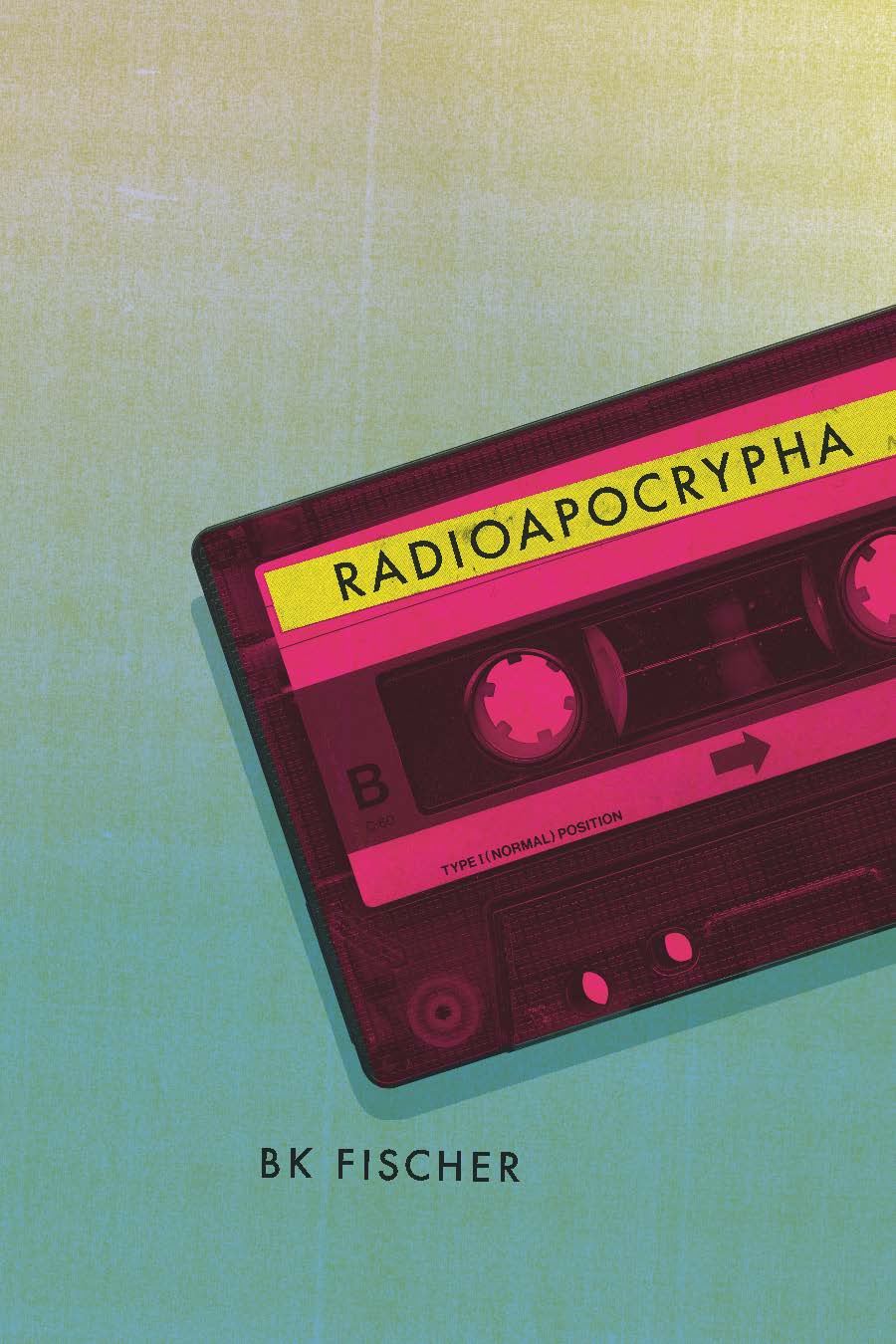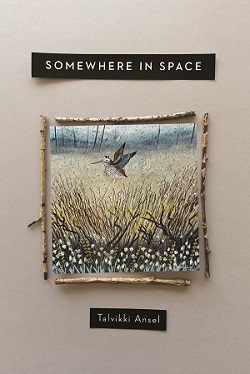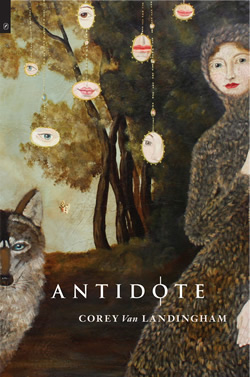“The New Testament gets a remix in poet B. K. Fischer’s verse novella Radioapocrypha, a pagan rejoinder to the biblical story of redemption. An homage to a 1980s adolescence, it might also be one of the more necessary poetry collections for 2018: Fischer lends us nuanced ways of thinking about faith and fakes, secular shamans and sexual misconduct, deceit and devotion.” —Los Angeles Review of Books
“Fischer produces a work as smart, satisfying, and nuanced in its climax as it is as a whole.” —Publishers Weekly
“BK Fischer’s Radioapocrypha is a revelation. Maybe that’s the easy and obvious thing to say about a book that retells the Gospel and situates it in America in 1989? But the revelation here isn’t, or isn’t just, the revelation one might expect from such a book—it’s the revelation of Fischer’s own skill as a poet as the story gains momentum and matches the intensity of the source material. I wouldn’t have thought anybody could pull that off, let alone so well. Not only is Radioapocrypha a revelation, it is a miracle.” —Shane McCrae
“BK Fischer is ‘our lady’ of the suburban neighborhood with streets named after famous poets—Keats, Spenser, Sidney, Pope. In the course of the book, and particularly through a series of poems whose titles begin ‘Our Lady of,’ Fischer creates characters and paints zones of the American landscape evoking the nostalgia, dread, and abuses we recognize and fear. Amidst the swirling, radioactive decay of curling irons, ear-piercing guns, Keds, and the word ‘slut’ Sharpied on a school locker, Radioapocrypha brilliantly tells the story of community, young adulthood, and the complexities of sexuality in American culture.” —Sandra Simonds
A novella in verse, Radioapocrypha envisions what would have happened if Jesus Christ had arrived for the first time not in Palestine two thousand years ago but in a subdivision in Maryland in 1989, the year Depeche Mode released “Personal Jesus.” In this suburban retelling of the gospel, Jesus is a hunky post-punk high school chemistry teacher and the disciples are a twelve-member garage band. The story unfolds as recorded testimony and overheard teachings, a series of alternating lyric poems, prose poems, and parables that engage the social, sexual, and racial tensions of an era. Told from the point of view of the Magdalen character, named Maren—and drawing from the Gnostic text known as the Gospel of Mary as well as other scriptural sources—these poems sample widely from popular music and 1980s culture to recast and revivify a gritty, surreal, crackpot story of loners, losers, and lovers.
BK Fischer is poetry editor at Boston Review. Her collections of poetry include Mutiny Gallery and St. Rage’s Vault.
Contents
Enunciation
Our Lady of the Subdivision
(Teacher)
Parable of the Mower
Our Lady of Walgreens
(Kiddie Pool)
Our Lady of Cinderblock
Our Lady of the Garage Band
(Litmus)
Our Lady of the Hair Cuttery
Garage Gospel
Our Lady of the Bay
(Homeopath)
Our Lady of 80s Punk
(Predestination)
Our Lady of the Bachelor Pad
(Half Life)
Parable of the Slut
(Mojo)
Our Lady of the Access Road
(Insomnia)
Our Lady of the Quarry
Parable of the Cheerleader
Our Lady of Safeway
(Shepherd)
Our Lady of Marshalls
(Orbitals)
Our Lady of the Prom
(Demons)
Our Lady of the Slots
(Beatitudes)
Our Lady of the Permanent Sub
Parable of the Keg
Our Lady of the Auditorium
Garage Gospel
Parable of the Donut
(Miracles)
Our Lady of Kentucky Fried Chicken
Our Lady of Formica
Denial
Dispassion (Friday)
(Wreck)
Dispassion (Saturday)
Dispassion (Sunday)
Our Lady of the Pricker Bush
Garage Gospel
(Tongues)
(Script)
(Ascension)
Our Lady of Frank’s Nursery & Crafts
Renunciation (Half Life)
Notes
Acknowledgments





